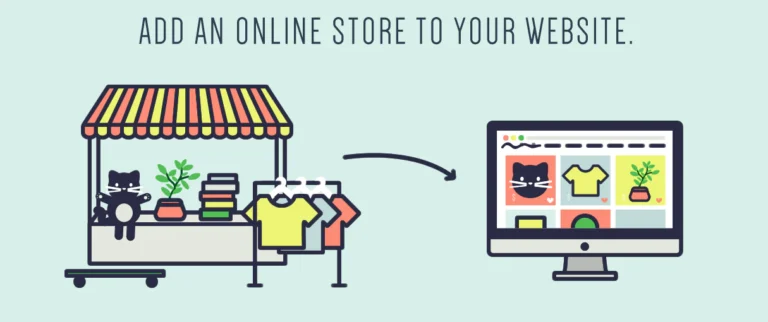When it comes to creating an online presence, it’s important to understand the difference between a blog and a website. While the terms are often used interchangeably, there are some key differences between the two. Here’s what you need to know:
1. What is a Website?
A website is a collection of web pages that are hosted on a single domain or subdomain. These pages are typically static and provide information about a particular topic, product, or service. Websites can be used for various purposes, including:
- Business: A website can serve as an online brochure for a company, providing information about its products, services, and contact details.
- Personal: A website can be used to showcase personal interests, hobbies, or achievements.
- Government: A website can provide information about government services, policies, and initiatives.
2. What is a Blog?
A blog is a type of website that is regularly updated with new content, typically written in an informal or conversational style. Blogs can cover a wide range of topics, from personal experiences to industry news and trends. Some common features of blogs include:
- Posts: Blog posts are the individual pieces of content that make up a blog. They are typically organized by date and can be sorted into categories or tags.
- Comments: Blogs often allow readers to leave comments on posts, creating a sense of community and engagement.
- Archives: Blogs usually have an archive section that allows readers to browse older posts by date or category.
3. How are They Different?
The main difference between a blog and a website is the frequency of updates. While websites are typically static and provide information about a particular topic, blogs are dynamic and regularly updated with new content. Blogs also tend to be more informal and conversational in tone, while websites are more formal and professional.
4. Which One Should You Use?
The choice between a blog and a website depends on your specific needs and goals. Here are some factors to consider:
- Purpose: If you’re looking to provide information about a particular topic or service, a website may be sufficient. However, if you want to engage with your audience and provide regular updates, a blog may be more appropriate.
- Content: If you want to include multimedia content or e-commerce features, a website may be a better choice.
- Budget: Creating a website or a blog can vary in price, so it’s important to consider your budget when making this choice.
Ultimately, the decision between a blog and a website depends on your specific needs and goals. It’s important to consider your audience, content, and budget when making this decision.In conclusion, understanding the difference between a blog and a website is crucial when creating an online presence. While the terms are often used interchangeably, there are some key differences between the two. By determining your needs, understanding the differences, and considering your budget, you can make an informed decision about which one to use.




